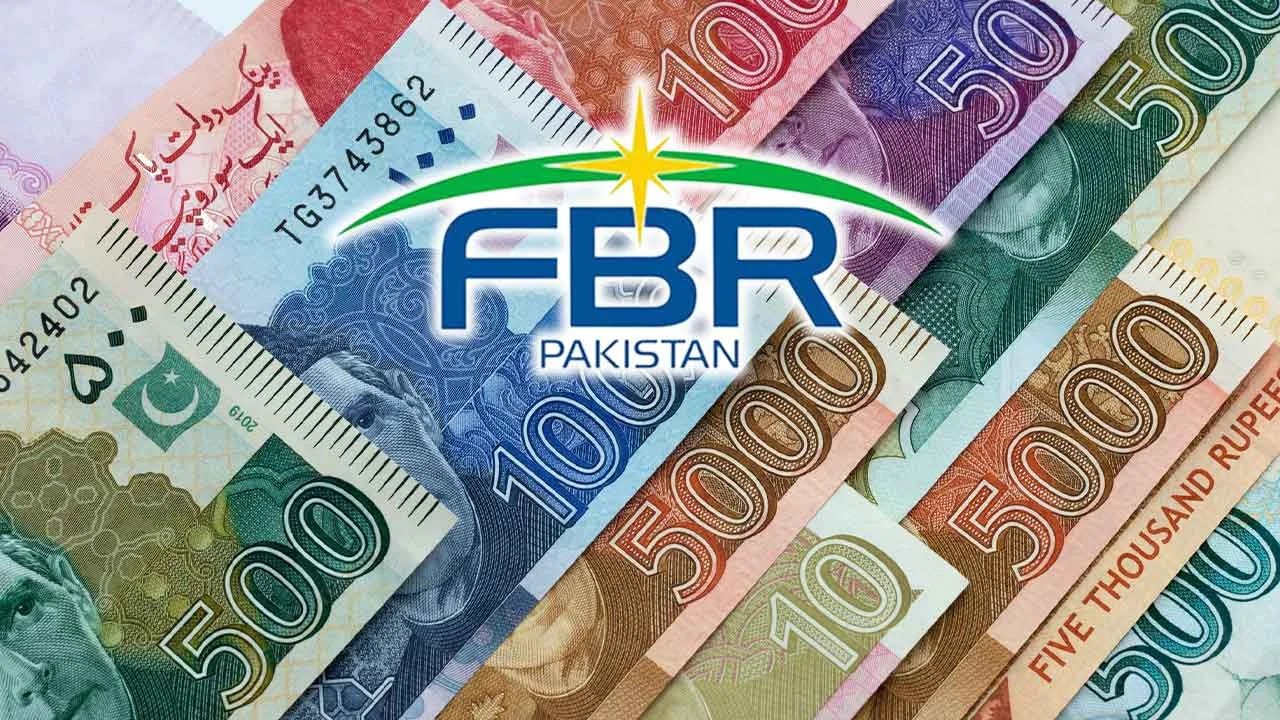The Federal Board of Revenue (FBR) has categorically denied reports circulating in the media about the imposition of a 20.5 percent tax on cash sales transactions exceeding Rs. 200,000. FBR officials clarified that no such tax has been introduced, and the reports are incorrect and misleading.
The clarification comes amid confusion following the introduction of a new amendment in the Finance Bill 2025, which disallows 50 percent of the claimed expenditure related to any sale where payment exceeding Rs. 200,000 is received in cash or through any mode other than a banking channel or digital means, per single invoice.
FBR Chairman Rashid Mahmood Langrial, addressing the Senate Standing Committee on Finance, stated that the government cannot withdraw the new legislation, which disallows 50 percent of expenditure attributable to cash sales above the Rs. 200,000 threshold per transaction. He emphasized that the law has been approved by the National Assembly Standing Committee on Finance and can only be reconsidered in the next Finance Bill (2026-27). “The legislators have approved the law, not the FBR,” Langrial clarified.
Senator Sherry Rehman, representing the PPP, voiced strong opposition to the measure, calling it a “draconian law.”
A senior FBR member further clarified that the FBR has not declared cash transactions above Rs. 200,000 as high risk. “It is only a documentation measure on the income tax side to encourage transactions through banking channels,” the official explained.
Tax expert Ashfaq Tola noted that several sections have been introduced or amended by the Finance Act 2025, impacting businesses across the country. The most significant change is the insertion of clause (s) in Section 21 of the Income Tax Ordinance, 2001, which pertains to “Deductions Not Allowed.” The new clause states:
“Fifty percent of the expenditure claimed in respect of sale where the taxpayer received payment exceeding two hundred thousand rupees otherwise than through a banking channel or digital means against a single invoice containing one or more than one transactions of supply of goods or provisions of services.”
This means that 50 percent of the claimed expenditure related to any sale where payment exceeding Rs. 200,000 is received in cash or through non-banking channels will be disallowed, regardless of whether the invoice covers one or multiple transactions.
Tola explained that the disallowance will apply to expenditures related to sales, such as freight, carriage, commission, and other distribution-related expenses.
How the Law Works:
- Below Threshold – No Disallowance: If a taxpayer sells goods worth Rs. 199,999 through a single invoice and receives the amount in cash, no disallowance will apply.
- Above Threshold – Disallowance Applies: If a taxpayer makes a sale of Rs. 200,001 through a single invoice and receives payment in cash, 50 percent of the claimed expenditure related to that sale will be disallowed. For example, if Rs. 30,000 is claimed as expenditure, Rs. 15,000 will be disallowed.
However, Tola pointed out a significant ambiguity: there is no prescribed method or formula under the law to determine what portion of expenditure is “directly attributable to such sale.” This lack of clarity could allow taxpayers to understate attributable expenses, potentially undermining the amendment’s intent and leading to revenue loss for the exchequer.
Additionally, individuals and Associations of Persons (AOPs) with turnover below Rs. 300 million are not legally required to have their accounts audited, which may create practical challenges in certifying expenditure attributable to sales.
The FBR maintains that the measure is intended to promote documentation and encourage the use of banking channels, not to penalize cash transactions with a new tax.










